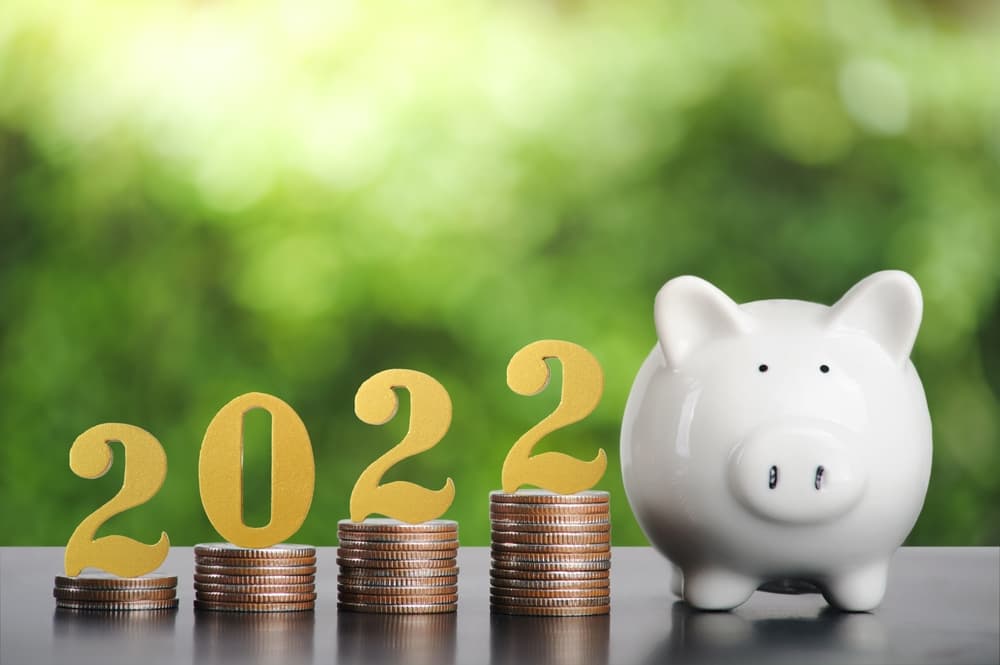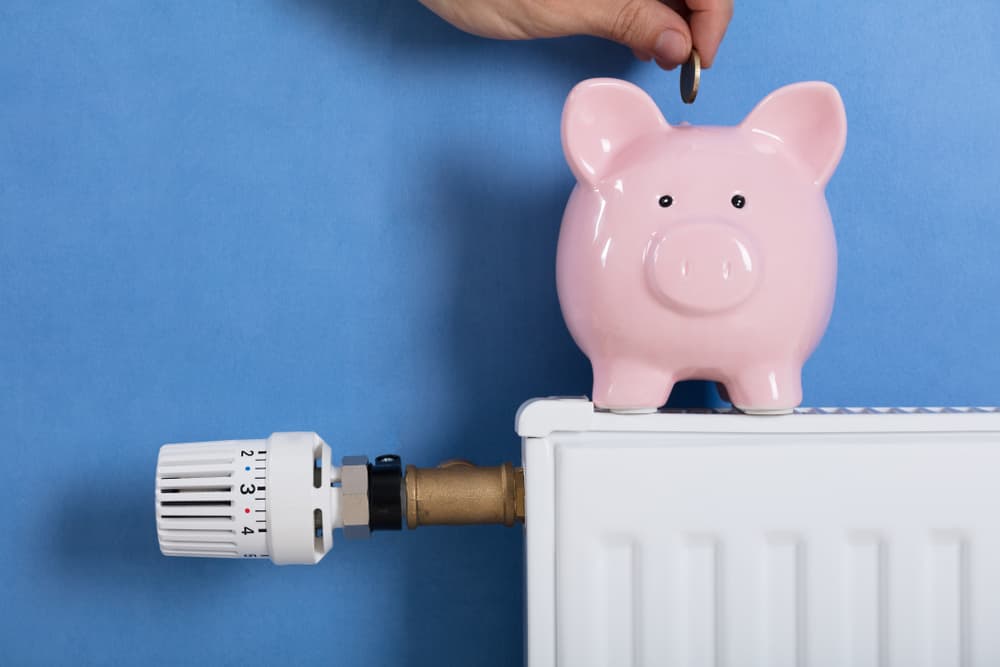9 Smart Financial Moves You Should Make This July

The start of a new year brings the chance to improve your financial health. After weeks of spending your hard-earned cash on gifts and holiday decorations, it’s only right that you should start some healthy habits. Set yourself up for 2024 right and watch your finances skyrocket. Here are 9 smart money moves that you should make this .
1. Check Your Credit Score
By finding out your credit score, you’ll see the bigger picture of your wealth. Knowing your credit score is the first step you can take to improve it, and the best way to find out is by using Credit Sesame. This free service offers credit score tracking and explains exactly how you can improve your credit. You’ll also get $50,000 in identity theft insurance when you sign up for a free account.
2. Quit the Gym
This piece of advice probably wasn’t what you were expecting, right? But let’s face it, those who try to get in shape as part of their New Year’s Resolution probably go to the gym just 3 times in August. Then, only after they’ve bought brand new gym gear, they will decide that they hate it and then get stuck paying $40 per month for the rest of the year.
If this situation sounds familiar, you need to quit the gym. Resist the flattery of the attractive trainers who will try to convince you to stay, and think of all the money you’ll be saving. The average $40 monthly gym membership is actually $480 per year that you are wasting. Once you’ve quit the gym, find a cheaper way to work out like running around the park or YouTube yoga. All this money that you are freeing up can go straight to your saving account, or pay down any debts that you have.
3. Automate Your Savings
The best way to make sure you save money every month is to set up payments that go automatically to your savings account. It takes willpower out of the equation, and you’ll be saving every single month without doing anything. Choose the payment date to come out of your account the day after you get your salary. If you don’t have a separate savings account, open one as soon as you can. If it’s high-yield, even better.
4. Build Up Your Emergency Fund
If you live paycheck to paycheck and are worried about falling into your overdraft, you need to create an emergency fund that you can use if you spend a little too much. This is money that stays in your current account or a separate one if you’re willpower isn’t great. A good amount to keep is roughly one paycheck’s worth of cash. It’ll take a little time to build up your emergency fund, but once you do you won’t have to worry about not having enough money. It’s also a great weapon to use against unforgiving overdraft fees.
5. Sell Your Old Stuff
There’s no time like the present to have a clear-out. You’ve probably got lots of things that you don’t use that are just waiting to be turned into cold hard cash. Declutter, your closet, basement, garage, etc. to find things that you can sell. List the items on eBay or Craigslist and watch the cash roll in. You’ll have plenty to put into your savings account or emergency fund.
6. Open a Roth IRA
Whether you have a retirement account or not, it’s time to up your game. Planning for retirement is one of the most important financial decisions you can make. The reason we recommend specifically getting a Roth IRA is that it’s different from other kinds of accounts. Your Roth IRA contributions and interest earnings grow tax-free, and once you are retired they are free to withdraw. This means that a Roth IRA will yield higher earnings than a 401k, despite having tax benefits during your working life.
For a simple explanation of different retirement accounts, read Roth, Regular IRAs, and 401ks Made Easy.
7. Stop Living Above Your Means
It doesn’t matter how much you earn, many of us are still living well above our means. Even when we spend on something small it still adds up to a stream of overspending. In order to get your finances together, it’s important to create a budget. Work out how much you earn, and how much you can afford to save and spend, instead of just buying lots of things and hoping your bank account isn’t suffering.
8. Learn How to Do Basic Home Maintenance
Sometimes home and car repairs are unavoidable and can cost a lot if you aren’t prepared. Despite having your emergency fund when situations like this arise, you can also learn basic maintenance to help you save money.
These days, you can learn just about anything from YouTube or books. From changing your car oil to simple plumbing problems, all the information is out there and you can access it for free. Taking the time to watch a 10-minute video could save you hundreds of dollars next time your toilet refuses to flush.
9. Make Sure You Are Getting the Best Auto Insurance Deal
It’s easy to sign up for car insurance and have the monthly payments leave your bank automatically. But, just because you don’t have to think about it, it doesn’t mean that you are getting the best deal. There are two major life changes that can lower your car insurance premiums, including turning 25 and getting married.
Men usually have as high insurance rates as teenagers until they turn 25, so it’s worth looking for a better car insurance deal once you turn 25. Additionally, after you married, your rates become lower as you are seen as a more responsible person who will drive safer. Contact your car insurance company in these instances as they won’t automatically lower your rates, or switch if you find a better deal elsewhere.




